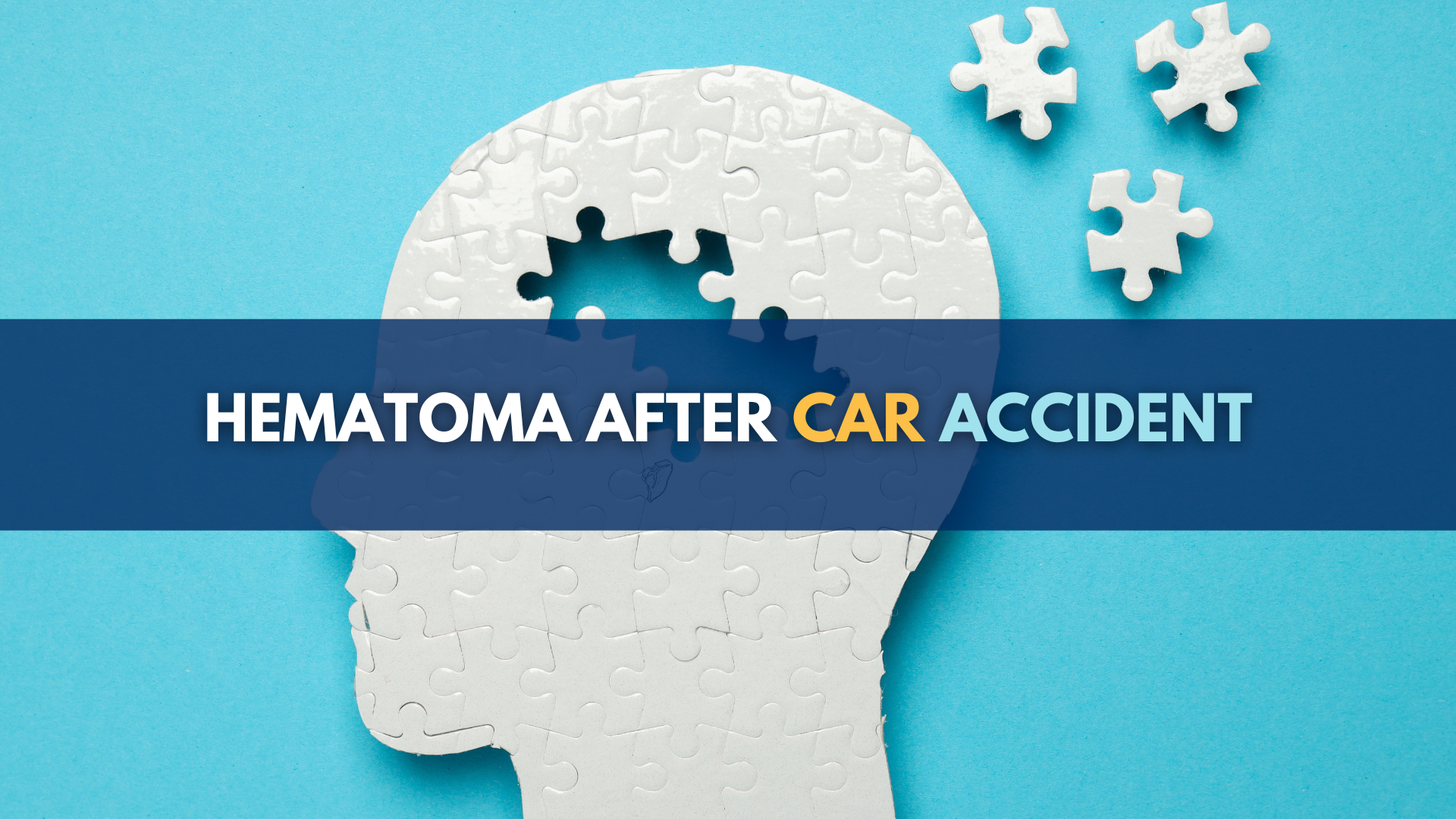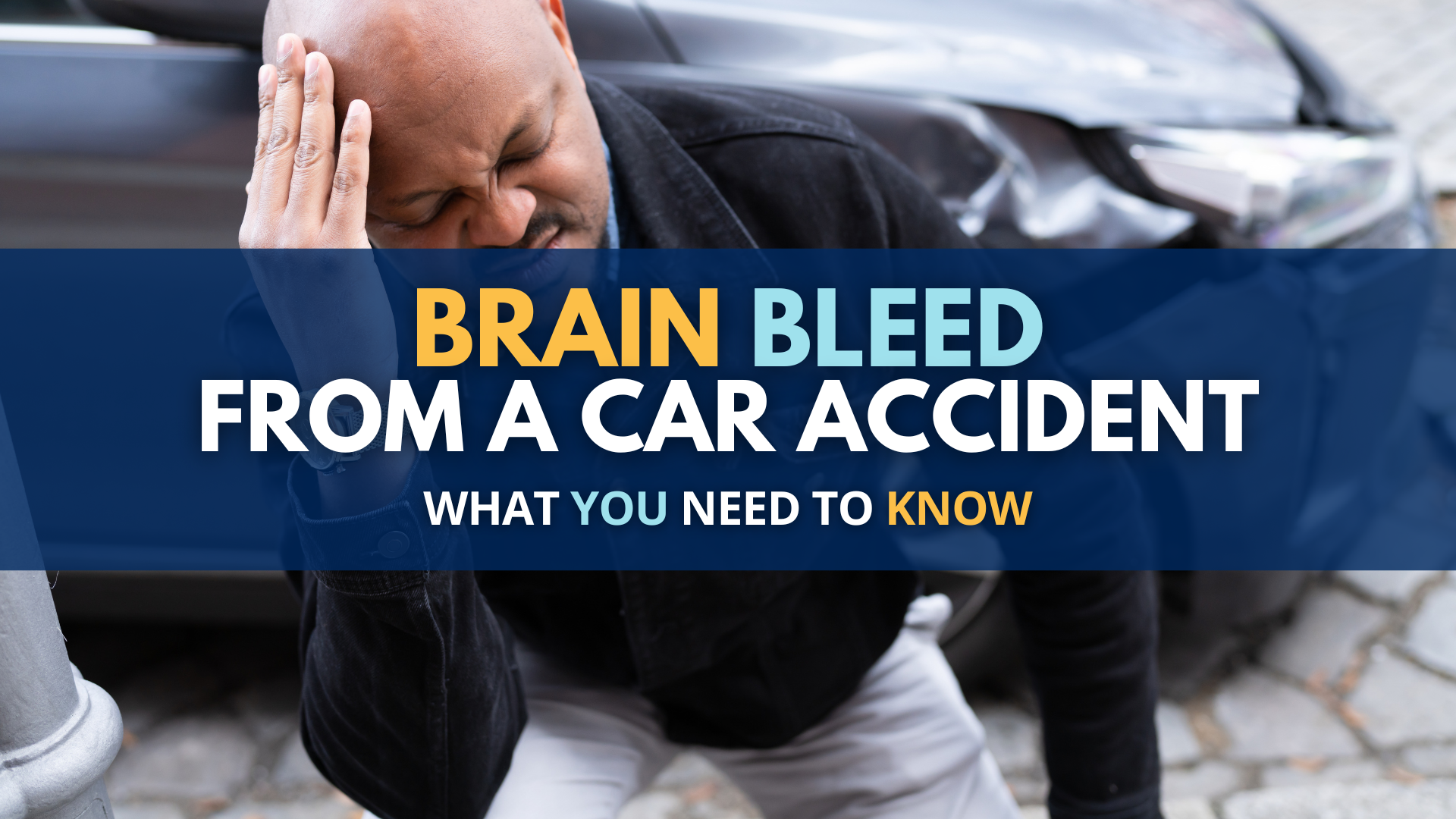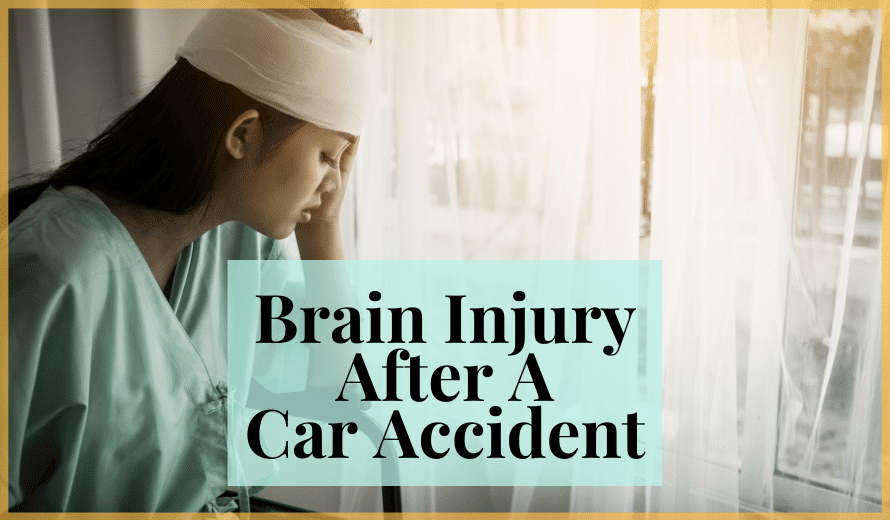Proposed rule changes for VA benefits for traumatic brain injury

In states like Michigan – where lawyers may see a return in our laws to a very harsh auto accident threshold law that places huge weight on what the future holds for accident victims – the relationship between the current challenges of TBI and related serious future illnesses is extremely relevant.
The VA is also amending its regulations to provide benefits for TBI in relationship to these now linked and related serious illnesses.
The VA is listing those secondary “diagnosable illnesses” to include:
- Parkinson’s,
- Dementia,
- Depression,
- Hormone deficiency.
The VA is stating that if a wounded veteran has TBI related to service and also one of four illnesses, then that illness will be considered as secondary to the brain injury.
You can take a look at the proposed rule here: Secondary Service Connection for Diagnosable Illnesses Associated with Traumatic Brain Injury
These rule changes are subject to approval, but they will likely be adopted.
This amendment is necessary to act upon a report of the National Academy of Science, Institute of Medicine (IOM), Gulf War and Health, Volume 7: Long-Term Consequences of Traumatic Brain Injury, regarding the association between TBI and the illnesses.
According to the amendment:
“In the National Academy of Science, Institute of Medicine (IOM) report, Gulf War and Health, Volume 7: Long-Term Consequences of Traumatic Brain Injury, the IOM concluded there was “sufficient evidence of a casual relationship” (the IOM’s highest evidentiary standard) between moderate or severe levels of TBI and diagnosed unprovoked seizures. The IOM found “sufficient evidence of an association” between moderate or severe levels of parkinsonism, dementias (which VA understands to include presenile dementia of the Alzheimer type and post-traumatic dementia); depression (which also was associated with mild TBI); and diseases of hormones deficiency that may result from hypothalamo-pituitary changes.
The medical literature that IOM reviewed included two primary studies and one secondary study on TBI and parkinsonism.”
That the VA is now recognizing the correlation between TBI and other serious illnesses is hugely important. Many doctors and medical providers do not keep up with the literature and everyone from juries to jaded insurance company adjusters are more likely to place more weight on this recognition by the VA.
The brain injury world, and even our own brain injury lawyers have been writing and speaking about the illnesses related to traumatic brain injury for years.
Some of our older posts on this subject will provide additional information:
Mild TBI raises risk of dementia and Alzheimer’s
The relationship between TBI and depression
What brain injury attorneys should know about fatigue and TBI
It’s crucial for lawyers protecting brain injury victims to understand TBI, the progression of symptoms, and all of the serious illnesses that can arise.
Brain injury is so complex. No two injuries are the same. Also, brain injury is “invisible,” so emergency rooms and doctors often miss the diagnosis all together.


